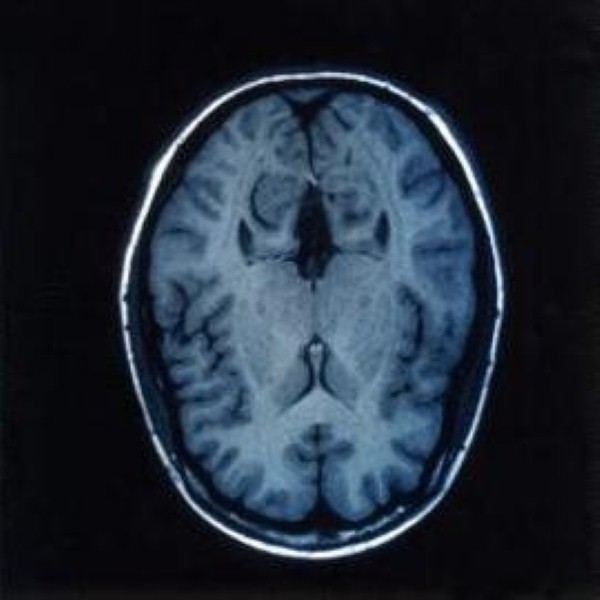A team of researchers has used stem cells to help understand the processes underlying the development of Alzheimer's Disease (AD) and to investigate new treatment possibilities.
Scientists at Brigham and Women's Hospital (BWH) used stem cells derived from related family members with a genetic predisposition to the disease.
Dr Tracy Young-Pearse, corresponding author of the study recently published in Human Molecular Genetics and an investigator in the Center for Neurologic Diseases at BWH, pointed out that postmortem tissue had typically been used in previous studies of the disease.
"In this study, we were able to generate stem cells from skin biopsies of living family members who carry a mutation associated with early-onset AD. We guided these stem cells to become brain cells, where we could then investigate mechanisms of the disease process and test the effects of newer antibody treatments for AD."
Skin biopsies were obtained from a 57-year-old father with AD and his 33 year-old daughter, who is currently asymptomatic for AD. Both individuals harbour the "London" familial AD Amyloid Precursor Protein (APP) mutation, V7171.
The biopsies were submitted to the Harvard Stem Cell Institute, where the cells were converted into pluripotent stem cells. The team then directed these into neurons specifically related to a particular region of the brain which is responsible for memory and cognitive function.
The scientists showed that the APPV7171 mutation alters APP subcellular location, amyloid-beta protein generation, and then alters Tau protein expression and phosphorylation. This impacts the Tau protein's function and activity.
Amyloid-beta antibodies were then tested on the affected neurons. The team demonstrated that the secondary increase in Tau can be rescued by treatment with the amyloid-beta protein antibodies, providing direct evidence linking disease-relevant changes in amyloid-beta to aberrant Tau metabolism in living cells obtained directly from an AD patient.
Dr Young-Pearse said the research could be useful in testing and comparing amyloid-beta antibodies, which are proving to be a promising therapeutic technique if delivered early in the disease process.

